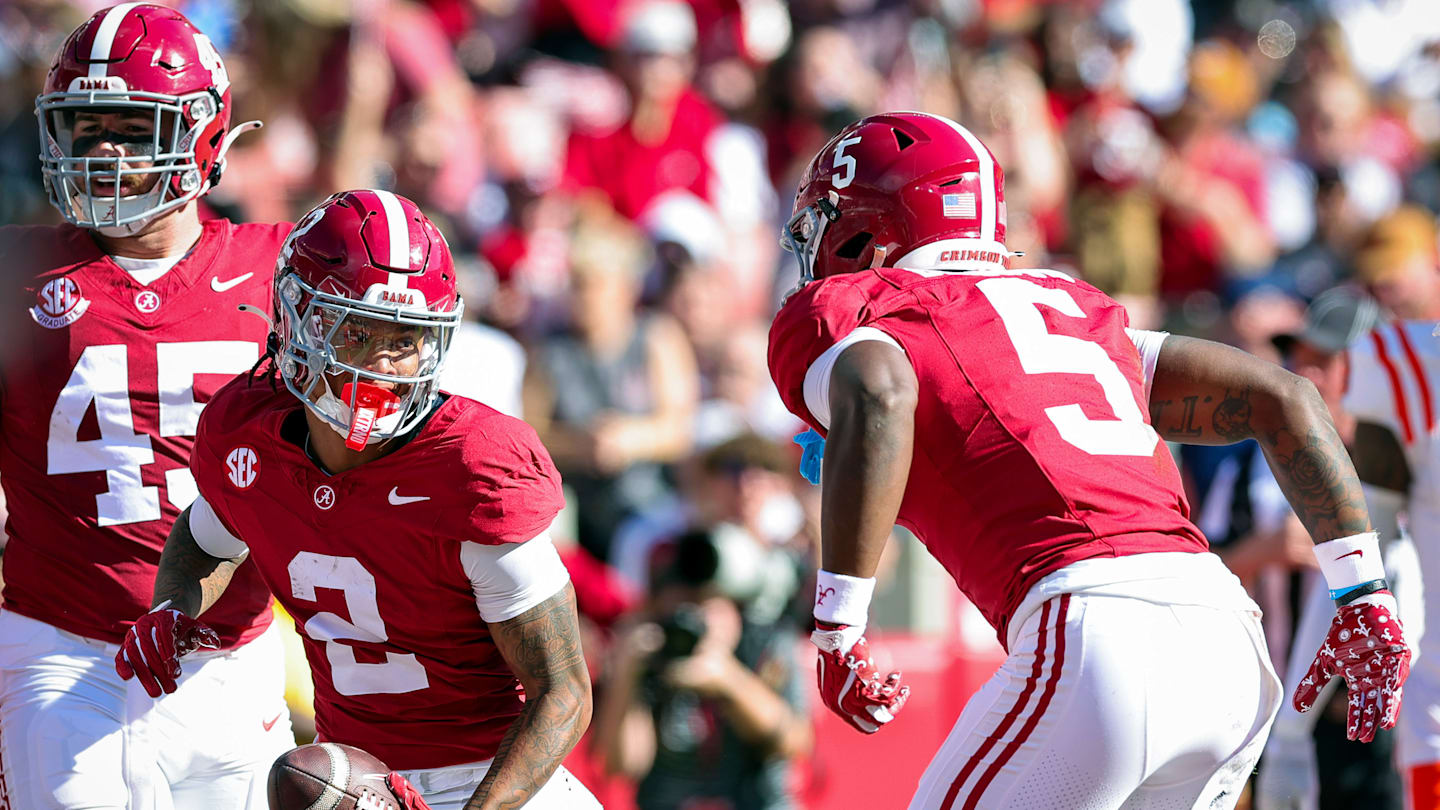My struggle with football – The Boston Globe

Notre Dame football has risen again, after a decade-plus of mostly disappointing seasons and no premier bowl game wins since the long bygone era of Coach Lou Holtz.
In recent decades, Notre Dame was often able to win important games but not those most important — like the Rose and Fiesta bowls. Former coach Brian Kelly, who led the team from 2010 to 2021 and now is the coach at Louisiana State University, was criticized by many fans and even a former Fighting Irish staffer for his abandonment of certain team traditions. These included game-day Masses to bring a sort of spiritual fervor to their performance on the field.
Now under Marcus Freeman, their second Black head coach in history, the program has been restored to its former glory, liturgies and all. Earlier this month, Notre Dame played in its first national championship game since 2013, losing to Ohio State, 34-23.
Despite that loss, Notre Dame’s 2024 season under Freeman was, to me, remarkable for what it represented. The nation’s premier Catholic college did not admit its first Black student until the 1940s, during World War II. The first Black players to enter a game for the Fighting Irish arrived at the school in 1952. They received adulation from Black Domer fans seated in a segregated section of Kenan Stadium for a game against UNC at Chapel Hill in 1953. That team won the national championship.
More than 70 years later, Coach Freeman aimed to repeat that feat, after years of looming questions about whether he was ever the right guy for Notre Dame. He was briefly the first non-Catholic head coach of the team since his Black predecessor, Tyrone Willingham. (Freeman converted to Catholicism in 2022.) He was at his hiring unproven as a head coach, having only held position coach roles before his ascension in the wake of Kelly’s flight to LSU. He promptly lost a bowl game and followed that up with two good, not great seasons. It seemed to be more of the same.
This year, however, has been different. An early loss to lowly Northern Illinois University had fans thinking Freeman might need to go. It seemed he would need something of a miracle to turn the season around.
The Irish then rattled off 13 wins in a row, a team record, and despite being underdogs in the national championship game against Ohio State, they were prepared. Freeman had his men hungry for victory — a taste much needed against a team they had failed to defeat in 20 years and six matchups.
Even so, despite their landmark year, I am torn about being a fan. I admire Freeman’s work ethic, his dedication to the game, and his open shows of faith — something I, as a Black Catholic convert myself, particularly appreciate. He is a coach’s coach and has led a historic team effort that has lost only that one game all year. Their performances leading up to the championship game in the newly expanded College Football Playoff were all but magical.
Even so, I don’t watch the sport anymore. That’s largely because of the science that says football is violent, deadly, and in serious need of continued reform that doesn’t seem likely to come anytime soon.
This year will mark two decades since the bombshell report of the link between contact football and traumatic brain injury, from another Black Catholic, Dr. Bennet Omalu (of “Concussion” film fame). His research — once questioned by the National Football League — is now regarded as key for protecting young people in a sport populated by thousands of Black men at the college and pro levels.
As recently as the CFP semifinals, Freeman himself defended his team’s decision to allow quarterback Riley Leonard to return to the second half of the Orange Bowl game against Penn State after a scary head-to-ground hit that left the million-dollar senior QB, in his own words, “wobbly.”
“The health and safety of our players [is] more important than anything,” Freeman told reporters after the game. “I want to make sure that’s clear.”
I trust in Freeman’s ability to win games. I also believe Black players and coaches deserve opportunities to make history at all levels. We’re in an age of perhaps the most talented athletes ever seen, and I would be lying if I said I didn’t once enjoy watching the sport.
But what can we say of a game that encourages the most brutal hits and bone-crushing blocks in order to succeed at the highest level? I, for one, had to turn away after seeing too many concussions and career-ending injuries, from which some players never really recover.
When Notre Dame eventually lost in the championship, I simply had to find the score after the fact. Despite increasing (and welcome) recognition of Black achievement in football, when it comes to player safety and the future of the sport, it seems we’re still in a losing game.
Nate Tinner-Williams is cofounder and editor of Black Catholic Messenger.
Related
Does Michigan Football have the experience to make the College…
The Michigan Wolverines made it to the College Football Playoff for the first time in 2021 after beating Ohio State and winning the Big Ten Championship. Sin
Alabama football’s 2025 WR room is giving “Ryde Outs” vibes
Alabama football's WR room stagnated in the final years of the Nick Saban era in Tuscaloosa. The Crimson Tide went from a dominant run of recruiting and develop
Big 12 opener, historic Classic highlights HBCU football schedule
Courtesy of UAPB Athletics PINE BLUFF, AR.– The University of Arkansas at Pine Bluff Golden Lions football team has announced its 2025 HBCU football s
Top ten Ohio State football players entering 2025
There's great news, and just some OK news for the Ohio State football program. The great news is that the Buckeyes made good on their "national title or bust" s












